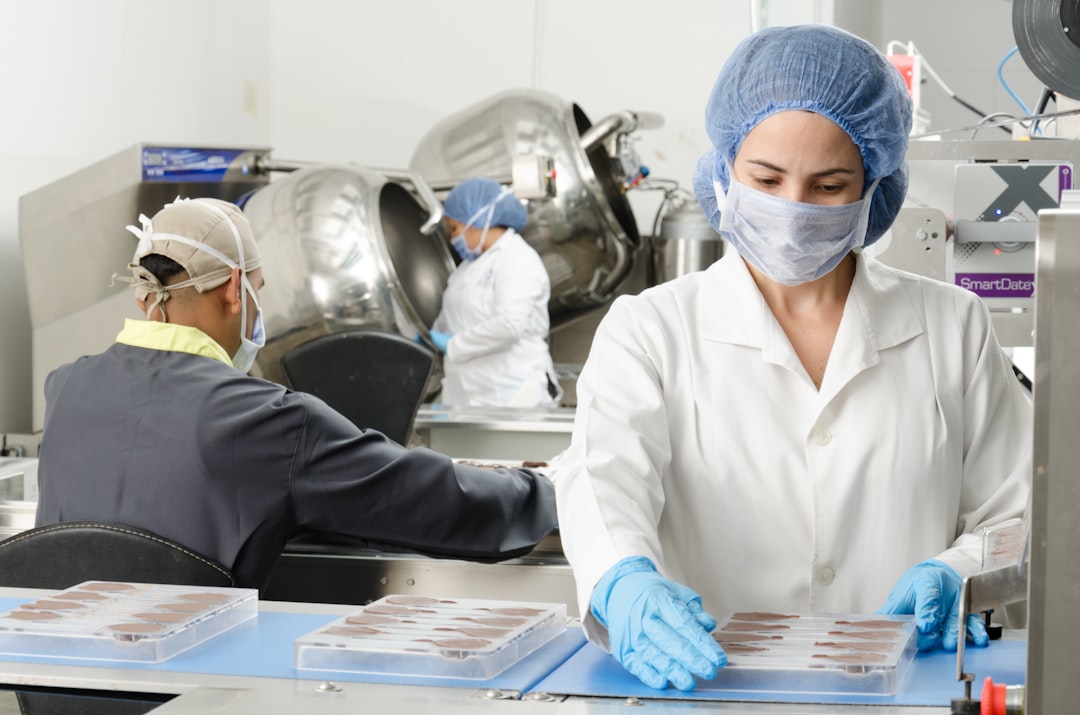What is it about?
Herein, a bacteriocin‐producing lactic acid strain was studied. It was revealed that the strain produces a low molecular weight bacteriocin (lower than 10 kDa) at the early log phase, and actively secrets it into the medium. This bacteriocin is highly stable against harsh conditions, such as low pH, and long‐term storage at low temperatures. What makes the compound unique is that it shows resistance to some proteinase. Furthermore, this bacteriocin has bacteriostatic activity against pathogens.
Featured Image

Photo by Anastasia Dulgier on Unsplash
Why is it important?
Although rapid advances occurred in food processing technologies, preservation of nourishments for a long‐term period has always been one of the most challenging issues. Meanwhile, the demand for healthy, ready food is increasing in the modern world, putting the industry under pressure to meet these requirements and being profitable too. On the other hand, the bacterial resistance to antibiotics and dwindling ready foods' quality have raised many concerns. To solve these problems, many experts have recently focused on biological agents, such as plant extracts, animal‐derived enzymes, organic acids, and probiotic bacterial strains
Perspectives
These characteristics prove the strain and its bacteriocin as one of the most promising bioagents to be used in the food industry.
Mr. Sadegh Khorrami
University of Isfahan
Read the Original
This page is a summary of: Bacteriostatic activity and partial characterization of the bacteriocin produced by
L. plantarum
sp. isolated from traditional sourdough, Food Science & Nutrition, September 2020, Wiley,
DOI: 10.1002/fsn3.1890.
You can read the full text:
Resources
Contributors
The following have contributed to this page










